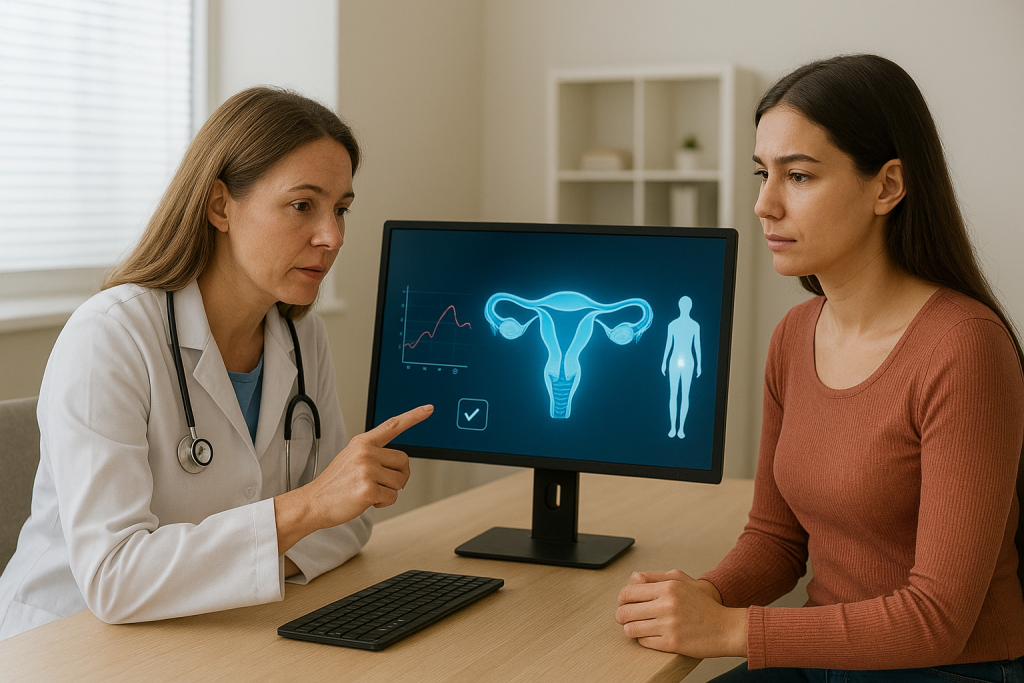International Pregnancy and Infant Loss Remembrance Day
October 15 marks International Pregnancy and Infant Loss Remembrance Day, honoring grief that often goes unseen. On this day, we take the chance to reflect on how science is helping bring understanding and hope to what too many times feels inexplicable.
The study
In science, hope often takes the form of prediction. A newly published study in Scientific Reports offers a small step forward in how science might help parents and clinicians understand, and one day even prevent, such losses. The study presents an artificial intelligence method, called A3F-net, designed to predict early pregnancy loss (EPL) from short ultrasound recordings between 6 and 10 weeks of gestation.
The researchers trained A3F-net to automatically measure key features that doctors typically assess by hand: gestational sac area, yolk sac diameter, crown–rump length, and fetal heart rate. These details can be difficult to capture consistently, especially when image quality and clinician expertise vary. The AI extracted them with remarkable precision: 98.6% for gestational sac area, 96.9% for yolk sac diameter, and 92.8% for crown–rump length, almost identical to expert clinical measurements.
Using those measurements, an ensemble classifier then predicted which pregnancies were likely to end in loss. The best model achieved 98% precision and an AUC of 0.969, meaning it could distinguish viable from non-viable pregnancies with very high accuracy. All data came from a carefully curated sample of 630 women in early pregnancy, each followed to confirm the outcome.
This kind of technology doesn’t just aim to predict; it aims to support prevention. By identifying risks earlier, doctors could intensify monitoring, tailor care, and provide more accurate counseling at a time when intervention might still make a difference. For many families, that could mean fewer painful weeks of uncertainty, and, in some cases, a chance to act before it’s too late. However, the authors emphasize that AI is not a replacement for compassion or clinical judgment, and that the model still requires validation across diverse populations before it can be used in practice.
On Personal Loss and Collective Hope
Miscarriage is not just a medical event. It’s heartbreak. It’s silence. It’s so many unanswered questions. No AI can bring back a lost pregnancy. But it might help us carry grief with less blame, less “what if,” and less isolation. Its promise lies in helping doctors see early biological signals that could guide better care, faster reassurance, and more informed support.
Reference
Liu, L., Zang, Y., Zheng, H., Li, S., Song, Y., Feng, X., … & Cheng, D. (2025). An AI method to predict pregnancy loss by extracting biological indicators from embryo ultrasound recordings in early pregnancy. Scientific Reports, 15(1), 25946. https://doi.org/10.1038/s41598-025-11518-5
Lecturer at the Sociology Department, University of Barcelona


